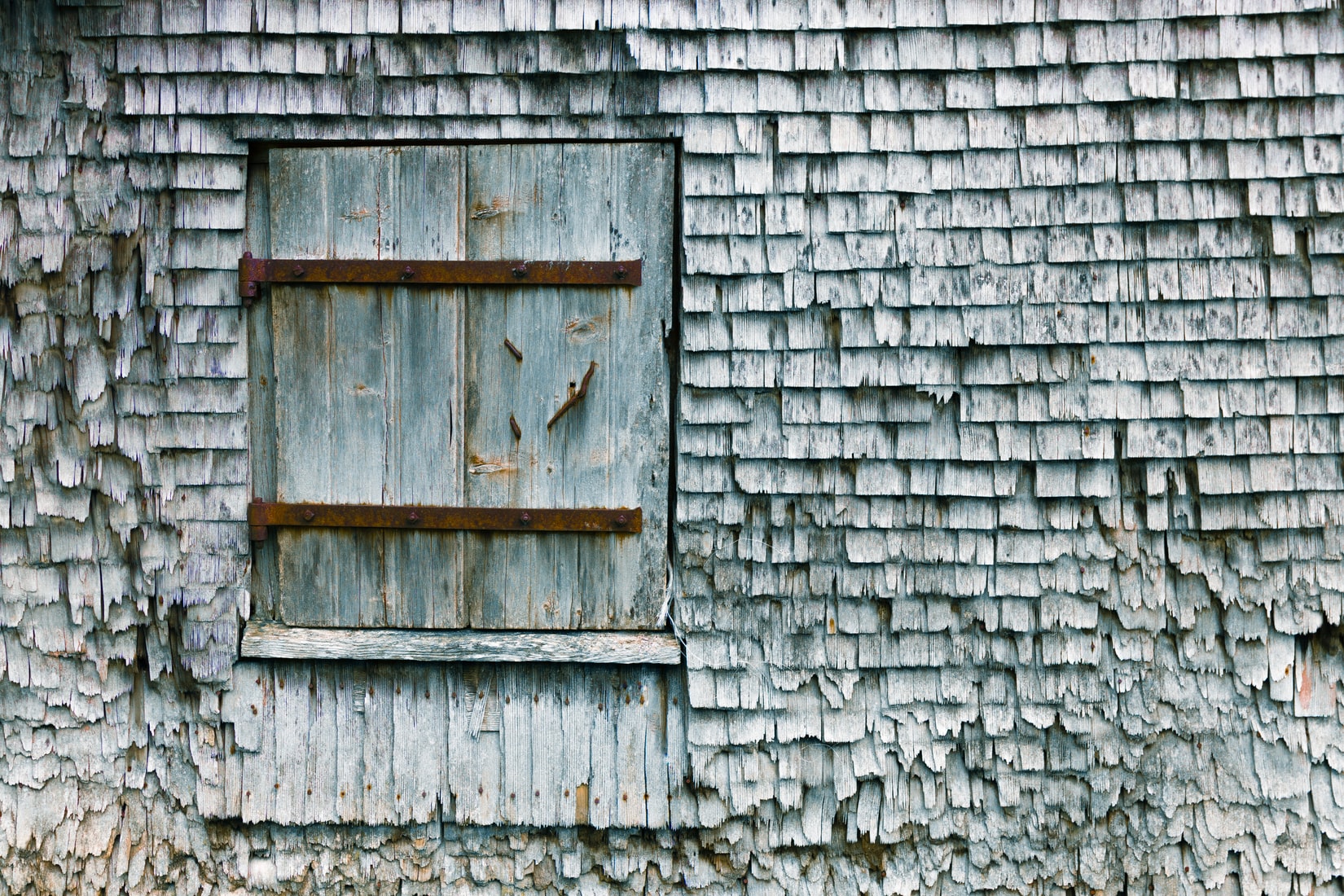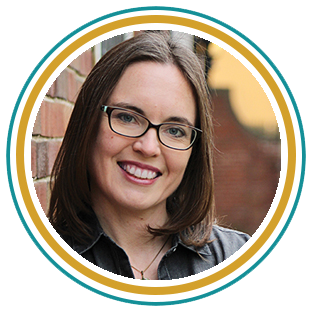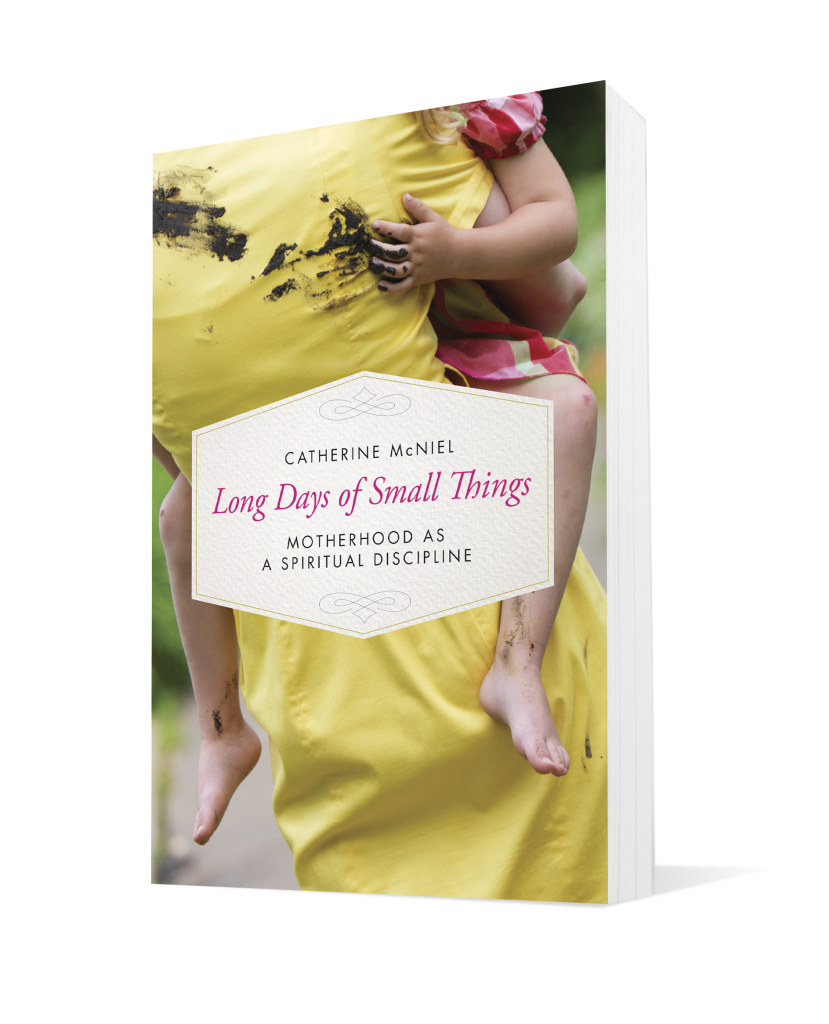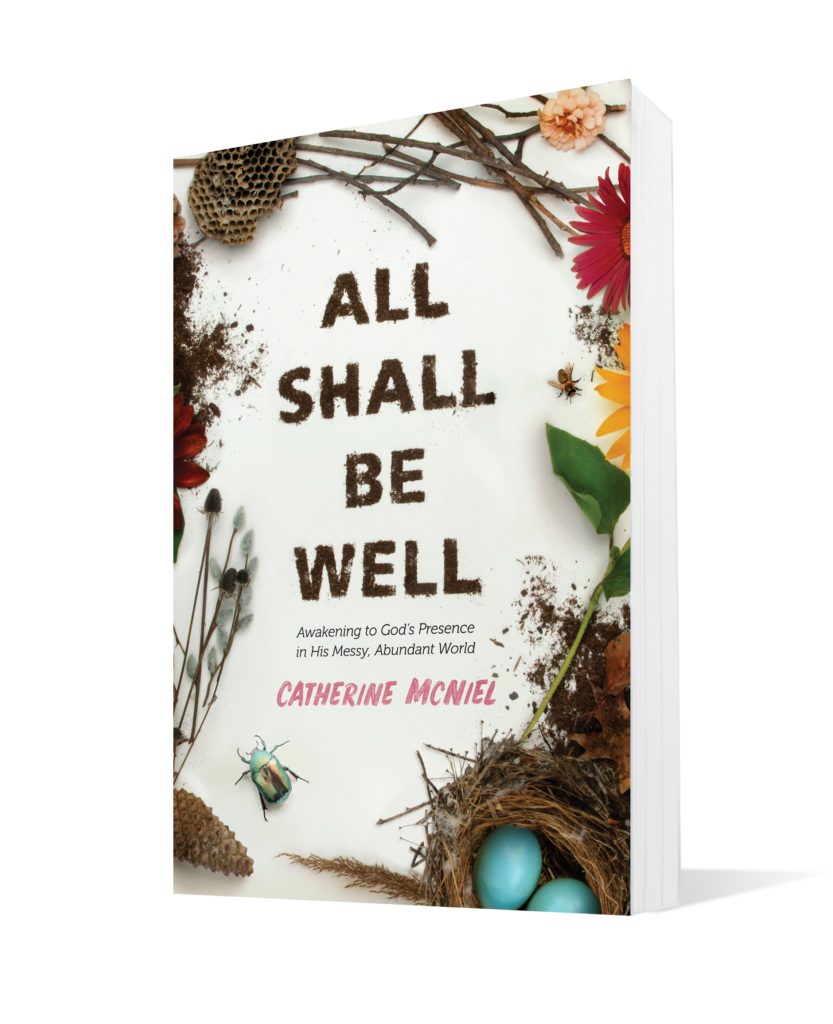This post originally appeared on the author’s blog at catherinemcniel.com.
Sunday night. A group of friends huddle inside their upper room, doors locked, afraid. Can you blame them? Two days ago their friend and teacher was brutally and publicly executed. No wonder they’re hiding.
I doubt I’ll ever understand the complex emotions of an oppressed people under the thumb of a violent empire, after they stepped out to follow a man who provoked those in authority with the treasonous, blasphemous claim that he was both King and God—and, not surprisingly, was crucified. I don’t pretend my privileged life as a citizen of an empire could prepare me for this moment in any respect. Just days ago they were celebrating the Passover with their friends. Today, they shelter in place. Today, the world is too dangerous for them to show their faces.
Yet, this year’s Holy Week experience offers me a taste. We’re huddled in our rooms, too. The world, so normal just weeks ago, is already unrecognizable, turned dangerous and unpredictable. We have no idea what will come next. Our plans are upside down, our schedules in disarray. All the tools we use to build our identities, cope with stress, solve problems, and prepare for tomorrow have all but disappeared. We literally sit in our houses with the doors locked. Waiting. Afraid.
Among the treasures we’ve lost are our routines, our rhythms. With Holy Week upon us, how do we mark the time, the sacred space? How do we separate the aching of Lent from the rejoicing of Resurrection when we’re sitting with the disciples, locked in the upper room?
A primary function of religious rituals and festivals—in the ancient world as well as today—is to create sacred space, places and times that remind us to look towards God. The act of pausing for evening prayer, a day of rest, or a week of celebration was never intended to convince God to come near—where would the Creator be but here? The sacred spaces were to remind us, we busy, distracted humans, to open our eyes and remember that God is with us, right here, and always has been.
This is a problem for you and me, for we’ve worked hard to rid our daily lives—and even our worship—from traditional rituals and rhythms, too lazy, perhaps, to center our energies around someone besides ourselves; too afraid to appear legalistic or trying to earn God’s attentions. After all, if God is here anyway, why bother? Why not simply walk each moment alongside our Creator? And yet, we struggle, day after day, year after year, to step into this presence, to remember, to abide. We need the sacred space after all.
With Holy Week upon us, how do we mark the time, the sacred space? How do we separate the aching of Lent from the rejoicing of Resurrection when we’re sitting with the disciples, locked in the upper room?
Tweet
How much more now, huddled in the upper room, each and every marker of our normal days and weeks all but erased as we shelter, secluded, indefinitely?
But back in that shut-up room, as they hid away, afraid, Jesus appeared. He didn’t knock on the door, didn’t jiggle the handle. The door was locked, the disciples were inside, and Jesus was dead—but then He was there. He was in the room with them, saying “Peace be with you.” And that group of terrified friends were overjoyed.
The dangers did not evaporate—they would huddle in this room many times in the months to come, sheltering, praying. Life would never be “normal” again, not ever, not at all. But Jesus was in the room with them. The disaster itself became a sacred space, a doorway to step into God’s presence. Peace was in the room.
As you struggle through this season of uncertainly and suffering, as you huddle in your room with the doors locked, surrounded by all you have lost and may never regain, may you find that Jesus is right here, inside your locked doors and questions of uncertainty. May you sit here, in the sacred space of suffering and grief, until you see his face. May you hear his voice over all the dangers, saying “Peace be with you.”





Thanks, Catherine. Well spoken.
Thank you for the well written analogy of the Upper Room. I actually felt as though you were speaking to us which is the best kind of reading.- as if you were there – so we were there.
Like most everyone, I had a few moments of uncertainty, mostly for my family and friends, but although I try t.o respect and heed our government, especially where safety for all is concerned; I found that the more I listened to Jesus, the more peace I felt.
i actually had someone tell me a couple of weeks ago that they noticed that I seem to have peace. Yes, it is well with my soul and for that I am grateful and thankful, Jesus! You are my Comforter and my Shalom.